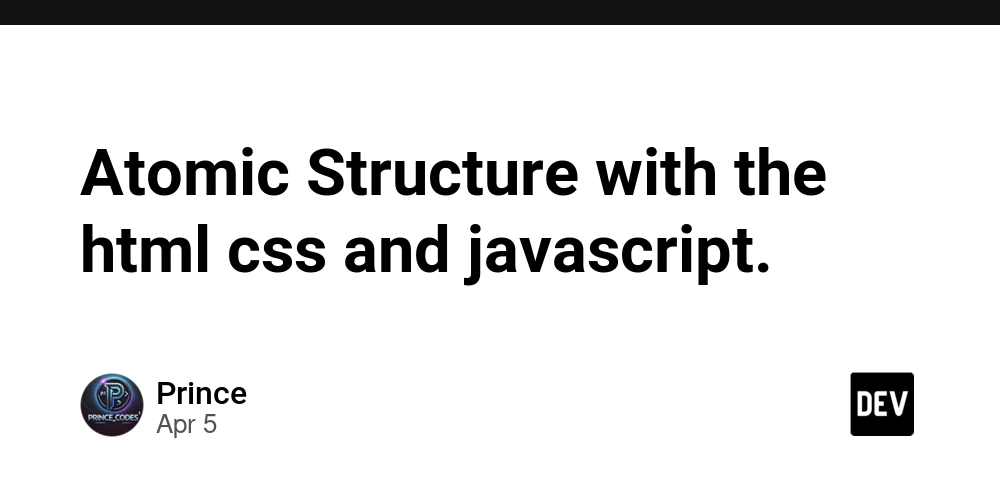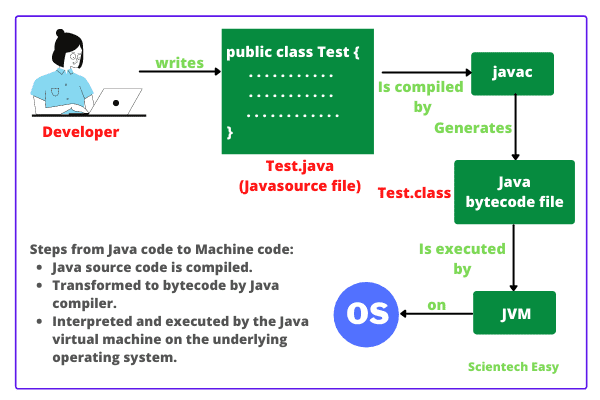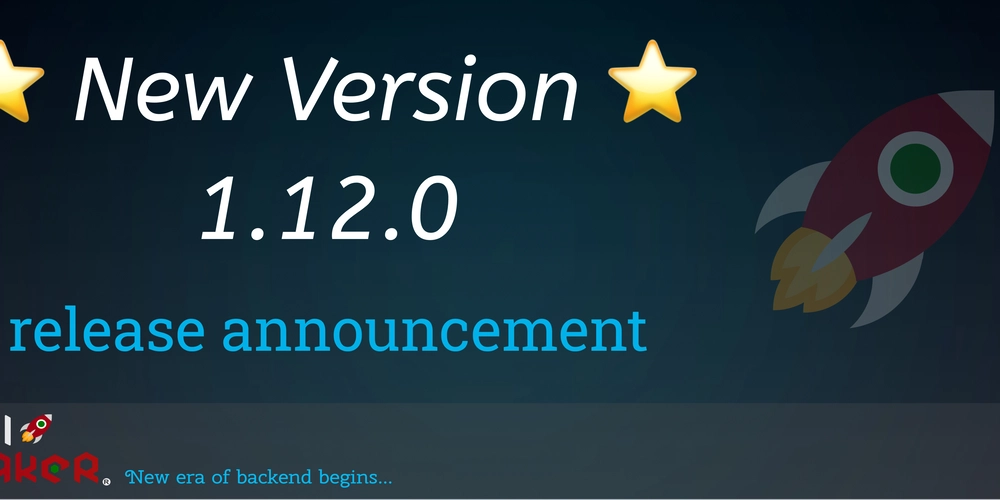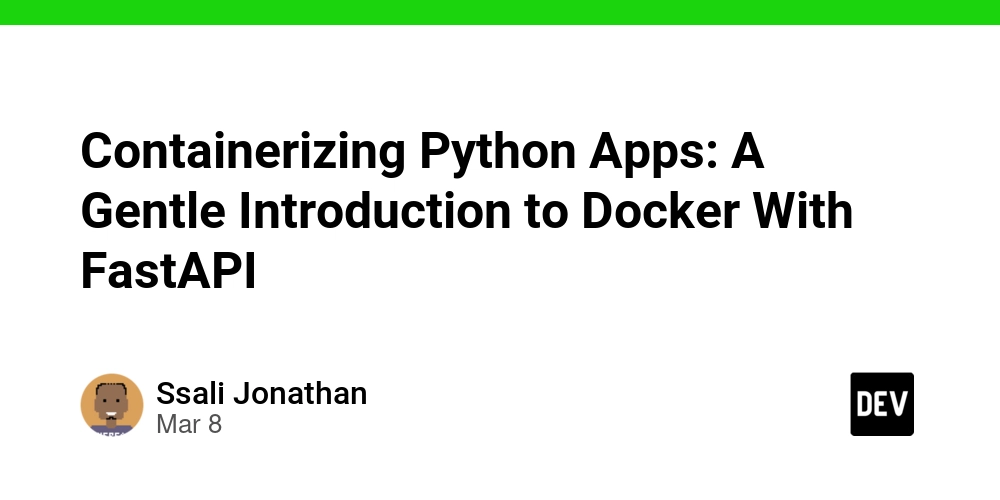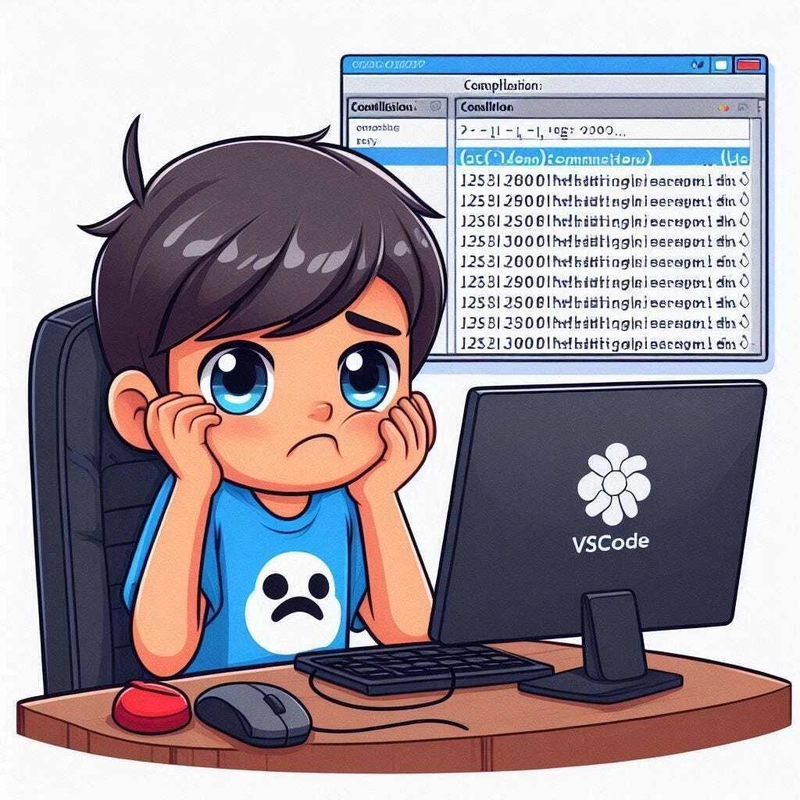JAVA INTRODUCTION DAY
Java is a high-level, object-oriented programming language designed to be platform-independent, meaning code written in Java can run on different operating systems without modification. It was developed by Sun Microsystems (now owned by Oracle Corporation) and released in 1995. key features of Java: Write once Run Anywhere (WORA) – Java code runs on any platform that has the Java Virtual Machine (JVM). Object-Oriented – Java follows OOP principles like encapsulation, inheritance, and polymorphism. platform-inndependent – Java programs are compiled into bytecode, which runs on any OS with a JVM. secure – Java has built-in security features like bytecode verification, memory management, and the Security Manager. Automatic Memory Management – Java uses Garbage Collection to free unused memory. ** Rich API** – Provides libraries for networking, I/O, utilities, databases, GUI development, and more. Multithreading – Java supports concurrent execution of tasks using threads. complier Vs interpreter How Java complier works JDK JRE JVM Java Development Kit(JDK): The JDK is a software development kit used to develop Java applications. It contains th****e JRE, along with tools like compilers, debuggers, and documentation generators, necessary for developing and building Java programs. If you want to write, compile, and debug Java code, you'll need a JDK. Java Runtime Environment (JRE): The JRE is a software package that provides the runtime environment for executing Java applications. It includes the JVM and the necessary libraries and components for running Java programs. If you just want to run Java applications, you need a JRE. Java Virtual Machine (JVM): The JVM is an abstract machine that provides an environment for the execution of Java bytecode. It's responsible for loading, verifying, and executing Java bytecode. The JVM is platform-independent, meaning Java programs can run on any system with a JVM.
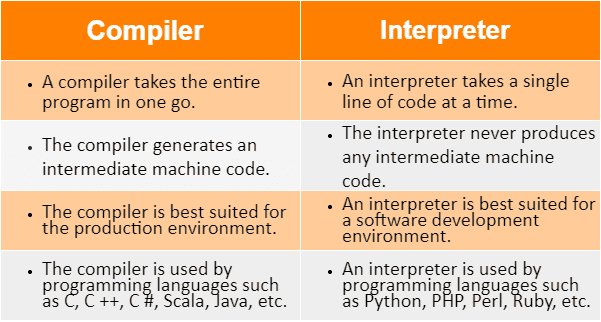
Java is a high-level, object-oriented programming language designed to be platform-independent, meaning code written in Java can run on different operating systems without modification. It was developed by Sun Microsystems (now owned by Oracle Corporation) and released in 1995.
key features of Java:
Write once Run Anywhere (WORA) – Java code runs on any platform that has the Java Virtual Machine (JVM).
Object-Oriented – Java follows OOP principles like encapsulation, inheritance, and polymorphism.
platform-inndependent – Java programs are compiled into bytecode, which runs on any OS with a JVM.
secure – Java has built-in security features like bytecode verification, memory management, and the Security Manager.
Automatic Memory Management – Java uses Garbage Collection to free unused memory.
** Rich API** – Provides libraries for networking, I/O, utilities, databases, GUI development, and more.
Multithreading – Java supports concurrent execution of tasks using threads.
complier Vs interpreter
JDK JRE JVM
Java Development Kit(JDK):
The JDK is a software development kit used to develop Java applications.
It contains th****e JRE, along with tools like compilers, debuggers, and documentation generators, necessary for developing and building Java programs.
If you want to write, compile, and debug Java code, you'll need a JDK.
Java Runtime Environment (JRE):
The JRE is a software package that provides the runtime environment for executing Java applications.
It includes the JVM and the necessary libraries and components for running Java programs.
If you just want to run Java applications, you need a JRE.
Java Virtual Machine (JVM):
The JVM is an abstract machine that provides an environment for the execution of Java bytecode.
It's responsible for loading, verifying, and executing Java bytecode.
The JVM is platform-independent, meaning Java programs can run on any system with a JVM.



![[FREE EBOOKS] The Kubernetes Bible, The Ultimate Linux Shell Scripting Guide & Four More Best Selling Titles](https://www.javacodegeeks.com/wp-content/uploads/2012/12/jcg-logo.jpg)
